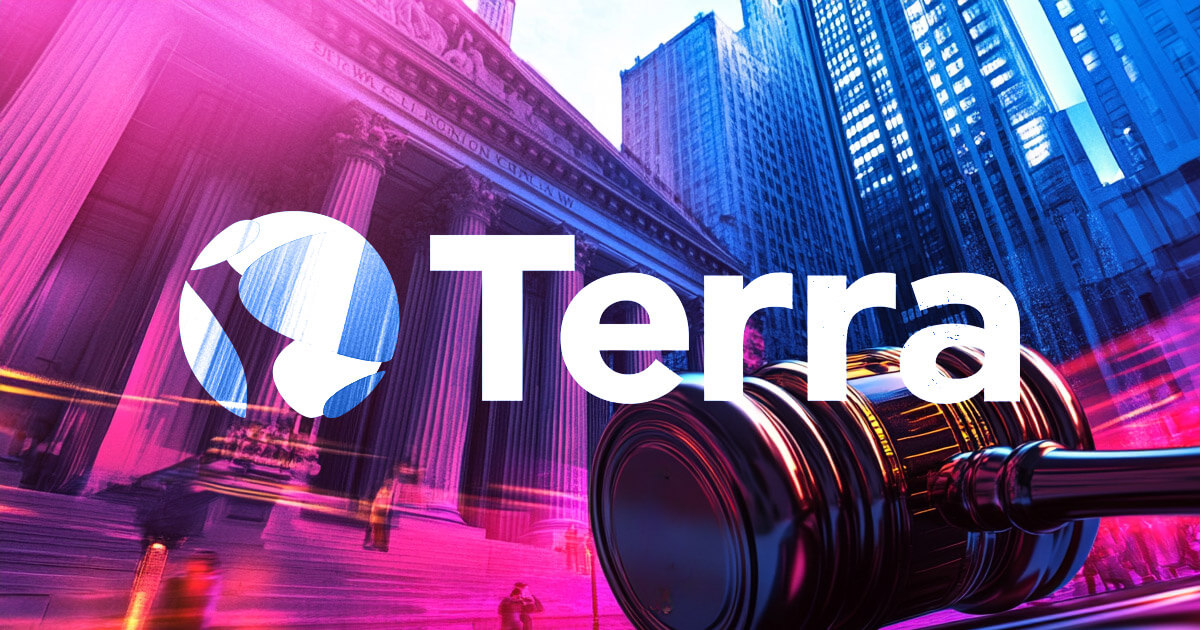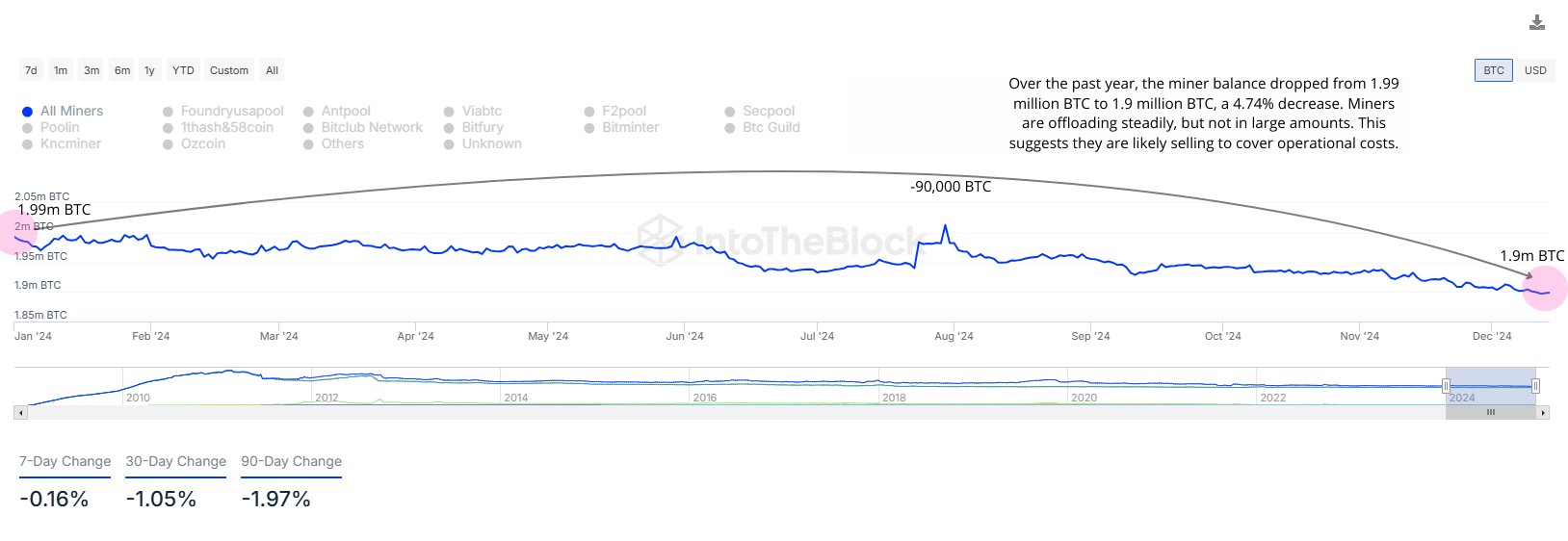The U.S. Securities and Exchange Commission (SEC) has ramped up its enforcement actions against crypto companies in the absence of a clear regulatory framework.
This approach, known as regulation by enforcement, has created an unpredictable environment for crypto firms, leading to calls for better alternatives.
Critics argue that digital assets do not neatly fit into the SEC’s existing rule book and that Congress needs to pass clear rules to determine whether a crypto asset should be considered a security under the SEC’s jurisdiction or a commodity overseen by the Commodity Futures Trading Commission (or neither).
Kristin Smith, CEO of the Blockchain Association lobbying group, said:
“Regulation by enforcement precludes any meaningful discussion of what should and shouldn’t be considered a security — a question that is too important and far-reaching to be decided solely by punitive action.”
SEC Chair Gary Gensler, however, believes that the SEC’s enforcement actions are necessary to ensure investor protection and fair markets in the volatile crypto industry.
Gensler has called the crypto market the “Wild West” and has expanded the SEC’s enforcement division to pursue “high-impact” cases. While he encourages crypto companies to engage with the SEC, Gensler has implied that most cryptocurrencies, excluding bitcoin (BTC), are securities.
“Some market participants may call this regulation by enforcement,” Gensler said in a November speech, adding: “I just call it enforcement.”
Regulation By Enforcement Stifles Innovation
Regulation by enforcement has long been criticized for potentially stifling innovation and investment. Roberta Karmel, the first woman to serve as an SEC commissioner, warned about the negative impact of this approach in her 1982 book, “Regulation by Persecution.”
‘Ultimately, what the Ripple ruling makes obvious is that the rules are anything but clear. And without clear rules, the SEC’s current regulation-by-enforcement posture toward crypto is hurting, not helping American innovation.’ https://t.co/iCdAi4GaQJ
— Chris Burniske (@cburniske) July 15, 2023
However, regulation by enforcement can be effective for incremental changes in specific industries, according to Carol Goforth, a law professor at the University of Arkansas.
“It can be an effective way for an agency to proceed, particularly when faced with incremental changes in particular industries,” Goforth told Protocol.
“My personal opinion is that more problems exist when there is a dramatic upheaval, and it is genuinely unclear how existing rules should apply (as is the case with cryptoassets and blockchain technology).”
Some have also argued that regulators are using enforcement actions to protect consumers and adapt ambiguous laws rather than arbitrarily punishing companies.
Carter Dougherty, communications director for the consumer group Americans for Financial Reform, even dismisses the notion that enforcement actions constitute regulation by enforcement, stating that it is simply the prosecution of fraud.
Of course, some level of enforcement is necessary for regulation to have any effect. Critics of the SEC’s approach often argue that securities laws in the U.S. are so unclear that enforcing them fairly is impossible but are not against enforcement of regulations in general.
Crypto Firms Face Legal Challenges Without Regulatory Frameworks
In the absence of clear regulatory frameworks, the crypto industry continues to face legal challenges. Some of the more notable ongoing legal battles in the U.S. involve Coinbase, Binance, and Grayscale, which are among the biggest players in the crypto industry.
The highest profile case of regulatory lawsuits against crypto companies was the SEC’s lawsuit against Ripple Labs, the creator of ripple (XRP). The SEC claimed that XRP was an unregistered security, therefore, Ripple Labs sold the coin unlawfully. The ruling in the case was not what either was hoping for, but many experts argue that it was a partial win for Ripple Labs.
The judge found that XRP, when sold to institutions, was a security (and therefore was illegally sold, likely leading to a fine). However, the judge decided that sales of XRP are not a security when sold to retail investors.
This ruling may have changed the course of the Binance and Coinbase lawsuits as both mostly service retail investors, not institutions.
It is worth noting that the SEC’s lawsuit against Coinbase came at the same time as the platform has been pushed for clearer regulations for the cryptocurrency industry.
In July last year, Coinbase filed a petition with the SEC to write regulations explaining how securities laws apply to cryptocurrency and to engage in a formal notice-and-comment process to allow the public to weigh in.
The largest U.S.-based crypto exchange also submitted a comment to the agency back in March, asking for more clarity on the SEC’s views on staking services.
Coinbase even filed a lawsuit with a federal appellate court in Philadelphia in April, alleging that “the SEC refuses to address Coinbase’s rulemaking petition” as the agency aims to initiate enforcement actions against the firm for listing unregistered securities.
U.S. Lawmakers Slam SEC for its Enforcement Strategy
Some US lawmakers have been critical of the SEC’s enforcement strategy. Just recently, Congressman Ritchie Torres wrote an open letter to SEC Chairman Gary Gensler, expressing his discontent with the agency’s failure to issue clear guidance to the cryptocurrency industry.
“Under Chair Gensler, the SEC has not issued a single rule on crypto assets, nor has it given any clear guidance,” said Torres. “All it has done is sent mixed messages, one after the [other], not only contradicting the CFTC but often contradicting itself.”
Torres urged the SEC to drop its crypto “crusade” and provide clear rules for crypto instead of “indiscriminately” treating the majority of crypto assets as securities under its purview.
Back in June, in response to the SEC’s complaint against Coinbase, Senator Cynthia Lummis (who is well known for pushing mostly pro-crypto legislation) also lashed out at the commission, claiming the agency not only failed to provide a path for crypto exchanges to register but also failed to provide legal guidance on what constitutes a security.
“The SEC’s continued reliance on regulation by enforcement continues to harm consumers,” she said, recommending that the agency instead create a “robust legal framework that exchanges can comply with.”
My statement on the SEC suing Coinbase, inc. https://t.co/5KNEM0IPSV pic.twitter.com/EgRIxrIcjj
— Senator Cynthia Lummis (@SenLummis) June 6, 2023
Likewise, in a recent op-ed published in The Wall Street Journal, former CFTC chair Timothy Massad and former SEC chair Jay Clayton argued that lawsuits brought by the SEC and CFTC against crypto firms were “unlikely to bring about a significant improvement in investor protection and market integrity quickly.”
An Alternative to Regulation by Enforcement
As the crypto market expands rapidly, regulatory bodies like the SEC are faced with the challenge of facilitating innovation while ensuring investor protection. To avoid relying solely on regulation by enforcement, the SEC can adopt proactive measures that promote clarity, collaboration, and continuous dialogue to effectively regulate crypto markets.
One key approach the SEC can take is to provide clear guidelines. The current method of determining whether something is an investment contract (and thus a security) is the Howey test, which was established by a landmark court case in 1946. The test says that an asset is a security if it: is an investment of money, is in a common enterprise, has the expectation of profit, and the profit is to be derived from the effort of others.
There are a number of potential issues with this definition, such as: how do you know whether someone is expecting profit from an asset? What if some buyers expect profit, but most don’t?
The SEC’s director for its Division of Corporation Finance, William Hinman, made it even more confusing when he said in 2018 that he thinks Bitcoin and Ethereum aren’t securities because they are “sufficiently decentralized,” which isn’t explicitly defined anywhere in security laws.
By establishing a licensing or registration process for crypto exchanges and service providers, the commission can regulate their operations, requiring compliance with standards such as AML/KYC protocols and investor protection measures.
Furthermore, the SEC can collaborate with international regulatory bodies to better regulate crypto markets. By sharing best practices and coordinating efforts, regulatory standards can be consistently implemented across jurisdictions, preventing regulatory loopholes and ensuring a level playing field for market participants.
The SEC can also play a vital role in educating the public about the risks and benefits of cryptocurrencies. Through investor education programs and awareness campaigns, the commission can empower individuals to make informed investment decisions.
All in all, by adopting some proactive measures, the SEC can regulate crypto markets without solely relying on enforcement actions, potentially fostering fairness, stability, and investor confidence in this evolving domain.
Credit: Source link















































